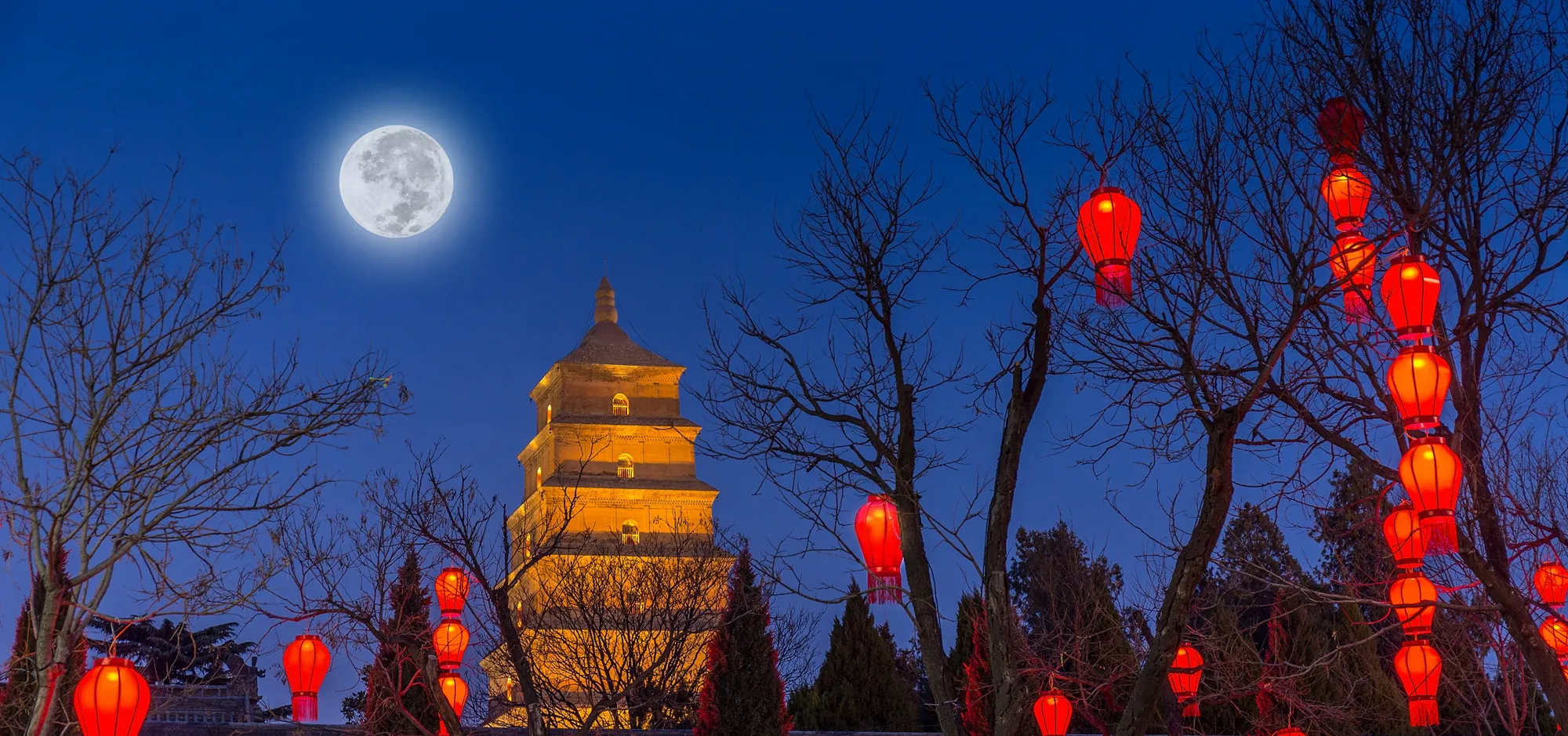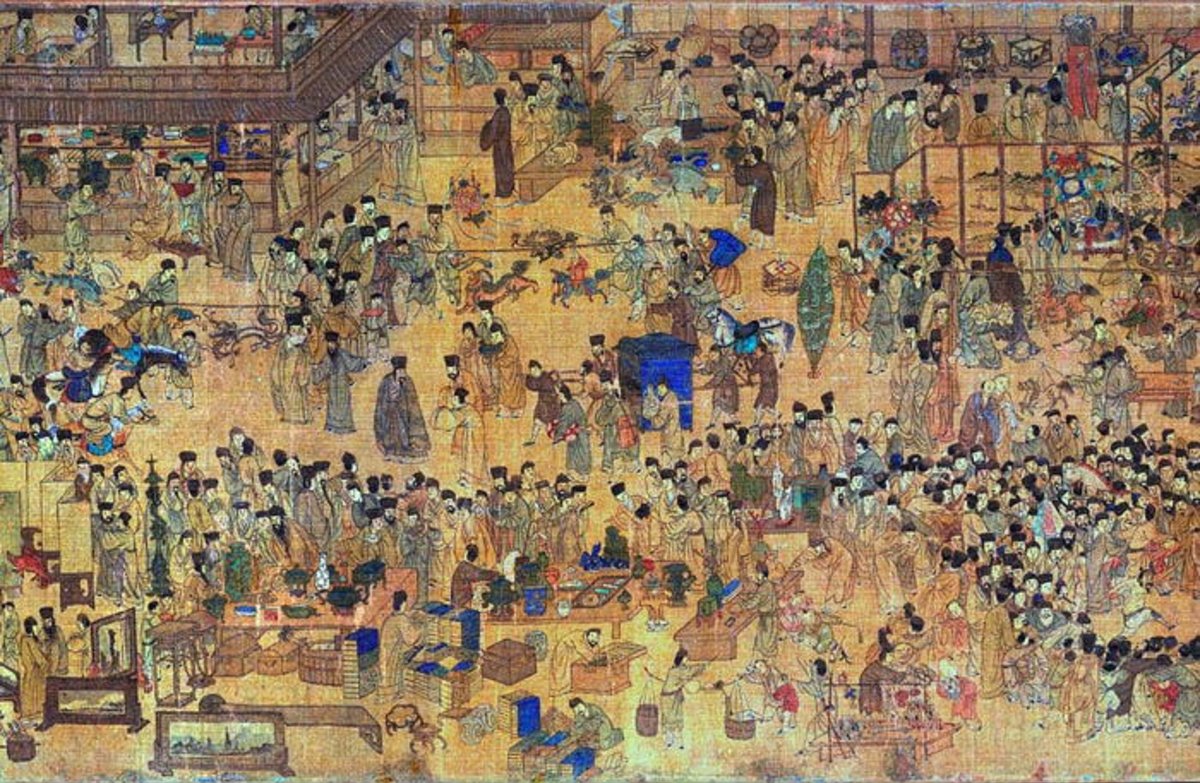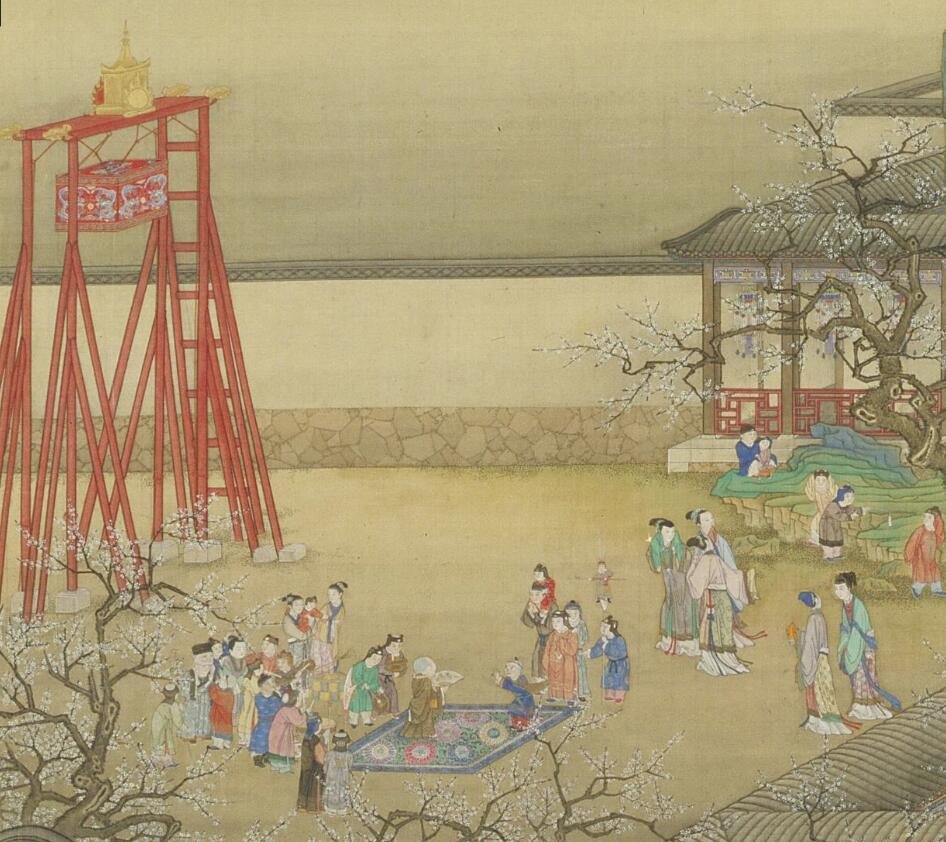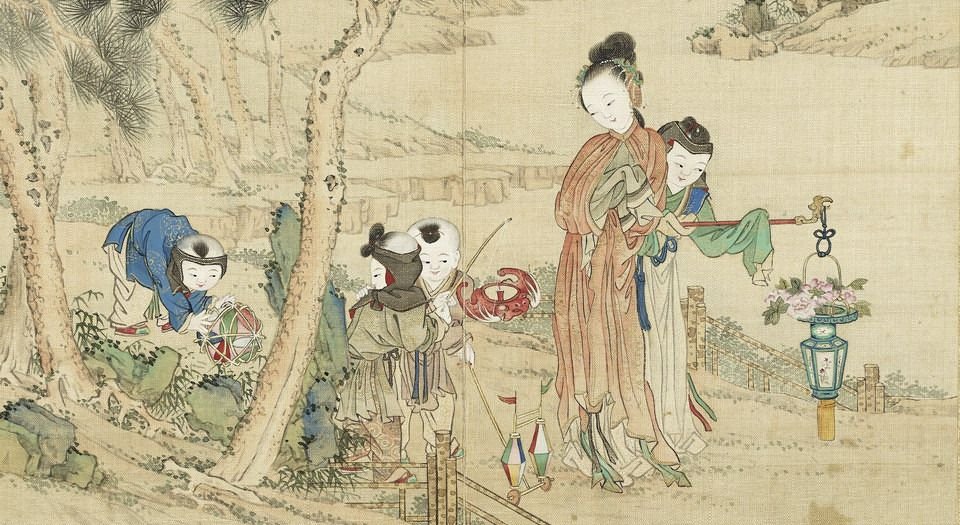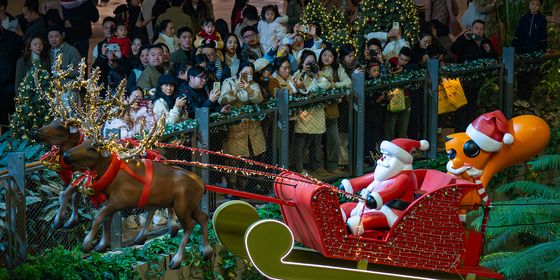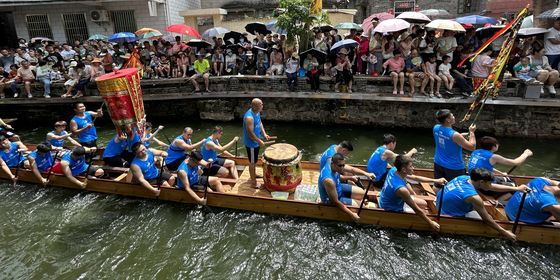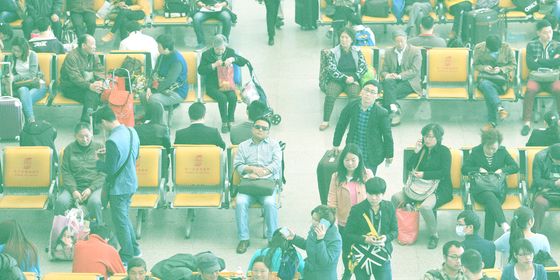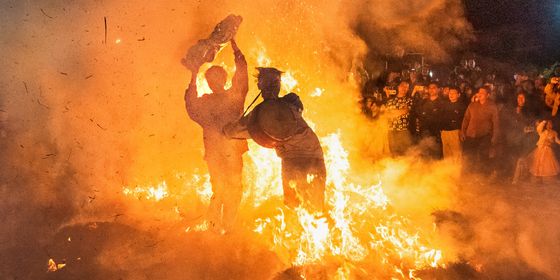Five ancient poems that celebrate the first full moon of a new Lunar New Year
As evening falls on the fifteenth day of the Lunar New Year, the first full moon of the year rises in the sky, and a fresh lunar cycle begins. Known as Yuanxiaojie (元宵节) in Chinese, where 元 means “beginning,” and 宵 means “night,” Lantern Festival marks an evening of joyful celebration, and is the first important festival after the Lunar New Year festivities. Glutinous rice balls named tangyuan (汤圆) in southern China, or yuanxiao (元宵) in the north, in various sizes and fillings, are an indispensable food on this day in modern times, while in ancient China, the festival was similar to modern Valentine’s Day, with couples expressing their romantic feelings under the light of the full moon and singles seeking out love.
Widely celebrated as early as the Western Han dynasty (206 BCE – 25 CE), the ritual of lighting paper lanterns emerged later when Buddhism was adopted by the Eastern Han (25 – 220) court. From then on, as evening descended, the emperor would order lamps and lanterns lit to worship Buddha—this practice soon spread among the commonfolk.
But Yuanxiaojie is also important to Daoist followers, who know it as the Shangyuan Festival (上元节). In Daoism, the day marks the birthday of Tianguan (天官, “Heaven Minister”), one of the three gods of Daoism responsible for blessings—the others are Diguan (地官, “Earth Minister”), who is in charge of pardoning sins, and Shuiguan (水官, “Water Minister”), responsible for reversing adversity.
As time went on, Lantern Festival celebrations have grown increasingly elaborate, with colorful lights, fireworks, night markets, entertainment, and games such as solving riddles written on lanterns to win prizes, all proliferating through the ages. With strict night curfews implemented in the capital city for most of China’s imperial history, Lantern Festival was one of the few occasions when the common people were allowed to roam the streets all night long.
Here’s a vivid depiction of a night of festivity on the streets of Luoyang, the Tang dynasty (618 – 907) capital at the time, by poet-official Su Weidao (苏味道):
“Night of the Fifteenth Day of the New Year”
Fireworks and a sea of lanterns juxtapose like flaming trees and silver flowers;
Bridges unblocked and gates open.
Dust rises by busy horses’ hooves;
While the bright moon follows the crowd everywhere.
Like spring flowers, female singers are gorgeously dressed;
Humming the “Plum Blossom” tune as they stroll.
With the night curfew lifted,
There’s no need to check the water clock tonight.
Since the full moon represents happy union in traditional Chinese culture, during the Tang, Song, and later dynasties, loving couples would host a banquet, called 开芳宴 (kāifāngyàn) or the “flower banquet,” at home to celebrate the festival. The following poem by famed early Tang poet Lu Zhaolin (卢照邻) depicted one such party:
“Appreciate Lights during the Lantern Festival”
In the brilliant lights, the flower banquet opens;
Under the exquisite lamps, the young couple appear even more charming.
Gazing into the distance, I see splendid glows dividing the land;
And countless lights decorating the sky.
As if the stars are falling to the horizon;
As if the moon is hanging on the building.
But none can compare to the beautiful lady,
With a radiant smile under the chandelier.
Lantern Festival at the wealthy capital city was certainly dazzling and glamorous, but thanks to the following verse by renowned Tang poet, Li Shangyin (李商隐), we gain a glimpse into the rituals of the countryside at that time—although Li was not happy about missing the grand festivities in the city.
“Hearing about the Capital Lights that I Regrettably Missed”
Bright moonlight and colorful lanterns shine all over the imperial capital;
Luxurious carriages and sedan chairs jam the streets.
Having no official appointment in the capital to witness such prosperity;
I’m ashamed to follow the village crowd to worship the Purple Lady.
Interestingly, the Purple Lady (紫姑) mentioned in the poem was the traditional goddess of the toilet. According to one version of the folk legend, she was an abused concubine of a rich family who was always sent to clean their latrines. After she died, she continued to be responsible for the toilets as a folk goddess. In the countryside, people would light up candles and incense by their own bathrooms on the day of Yuanxiao to welcome her. It was also believed that through divination, she could reveal the family’s fortunes for the New Year.
In the Song dynasty (960 – 1279), the night curfew gradually loosened and was eventually completely lifted, resulting in the emergence of thriving night life in the cities: Bustling shops, restaurants, tea houses, and markets would stay open all night long during Lantern Festival.
Since the Sui (581 – 618) and Tang dynasties, Yuanxiaojie has also been one of the rare occasions when young women could leave their homes and wander the streets. Naturally, they would dress up for the occasion, and some even took the opportunity to meet with their admirers. For single men and women, Lantern Festival was an opportunity to mingle, and perhaps even find love at first sight. Southern Song (1127 – 1279) poet Xin Qiji’s (辛弃疾) “The Lantern Festival Night” is one of the most well-known poems describing a romantic encounter during the festival:
“The Lantern Festival Night”
Thousands of lanterns adorned trees;
Fireworks scattered in the sky.
Like blooms brought by the east wind,
And star showers blew down from above.
Fine steeds and carved carriages spread fragrance along the way.
Music resonates from the bamboo flute;
The moon slowly turns to the west;
Carp and dragon lanterns dance all night long.
In gold-thread dress, with moth or willow ornaments;
She smiles and passes by, leaving a faint aroma.
I searched hundreds of thousands of times in the crowd for her, but in vain;
When suddenly I turned around;
There she was;
Where the lantern light is dimly shed.
On the other hand, another notable poem with the same title by Northern Song (960 – 1127) politician and poet Ouyang Xiu (欧阳修) famously depicted a young woman’s sorrow of lost love during the Lantern Festival:
“The Lantern Festival Night”
Last year on the Lantern Festival,
Streets were lit up as bright as the day.
We arranged to meet after dusk,
When the moon rose over the willow trees.
This year on the same day,
The moon and the lanterns shine the same way.
But where is my lover of last year?
Tears soaked the sleeves of my spring dress.





